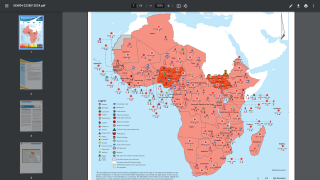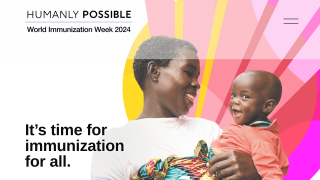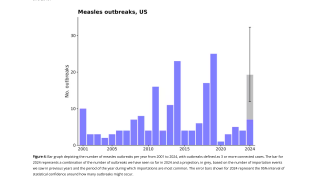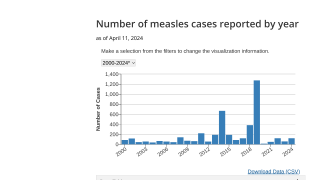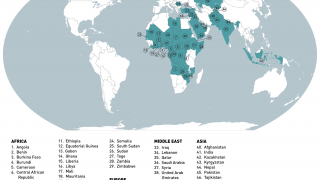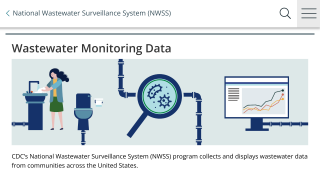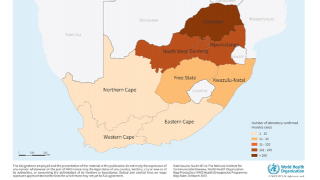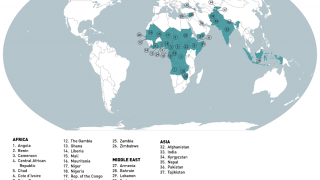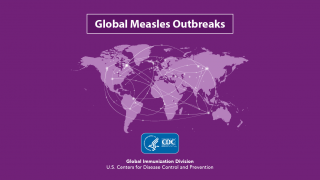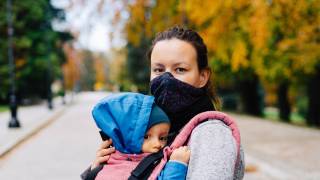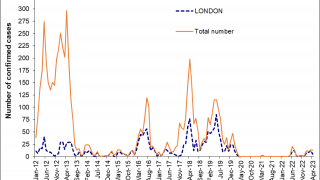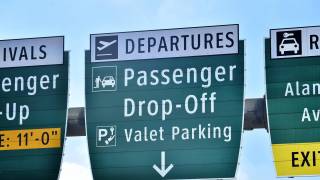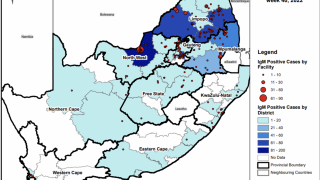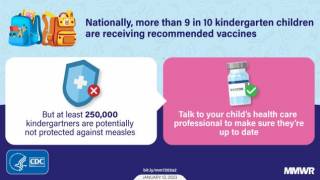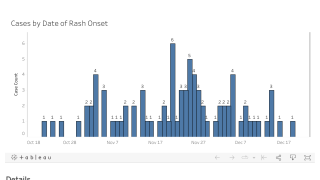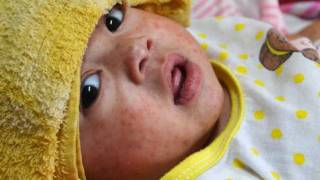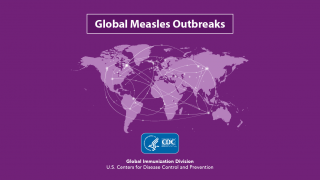Chicago O’Hare Airport 2nd Measles Case Reported
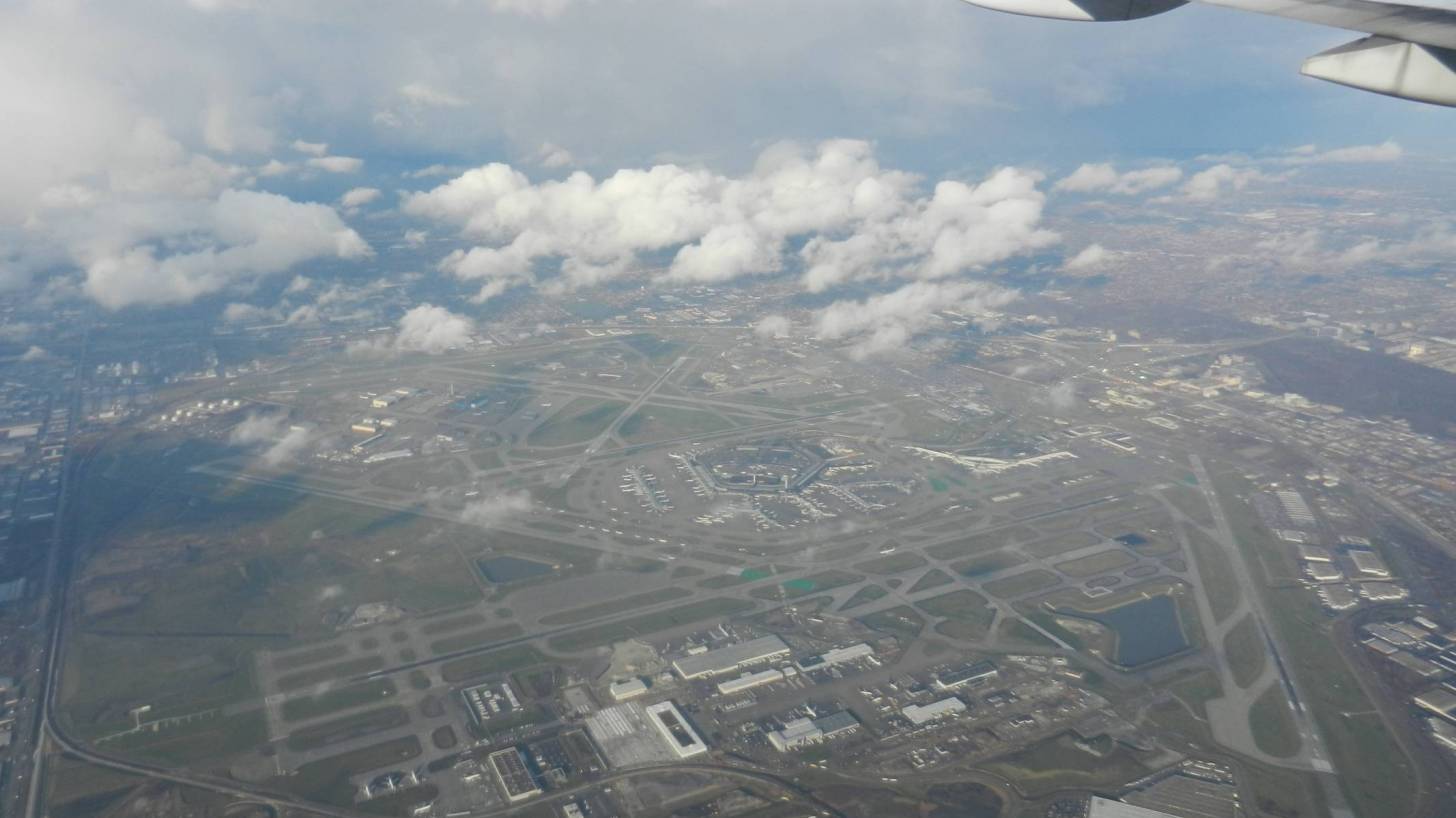
A second measles case at the Chicago O’Hare airport in one week has been confirmed by the Illinois Department of Public Health (IDPH).
The affected individual was a passenger on a flight that arrived at the international terminal (Terminal 5) between 8:30 a.m. and noon January 9, 2018, IDPH reported.
The other flight passengers on the inbound flight and other airport visitors are being contacted by local health departments.
Individuals who think they have been exposed should check with their healthcare provider about protection through prior vaccination or the need for vaccination.
If infected, individuals could develop measles symptoms as late as February 1, 2018, reports the IDPH.
Additionally, an estimated 150 people were exposed to measles in the Little Rock area from January 9-11, 2018. This includes people on the United Airlines Flight 5314 from Chicago to Little Rock on January 10, 2018.
”Do your spring break plans include air travel this year? Infectious diseases are probably not on your itinerary, but airports and airplanes can harbor various sources of dangerous bacterial and viral infections," said Natasha Gildersleeve, PharmD MTM Clinical Pharmacist, Brookshire Grocery Company.
"Hand hygiene is your best protection while traveling. But, before you get to the airport make sure that you are up to date on all your recommended vaccinations, including measles. Ask your local pharmacist when you have international travel vaccine questions,” said Gildersleeve.
This case of measles is unrelated to the case IDPH reported on January 14, 2018. It is important to note that these two individuals did not become infected while at O’Hare airport, but had already contracted measles.
This means, there is not a measles outbreak at O’Hare airport.
But, the measles virus can linger in the air and on surfaces for hours after an infected individual leaves the area.
Most individuals are vaccinated routinely in childhood and are not at high risk. Of most concern are people who have not been vaccinated
Measles is easily spread through the air when someone coughs or sneezes. People can also get sick when they come in contact with mucus or saliva from an infected person.
“Getting vaccinated not only protects you, it protects others around you who are too young to get the vaccine or can’t receive it for medical reasons,” said Dr. Layden.
In The Journal of Infectious Diseases, researchers studied the etiology of respiratory illness among air travelers. Human parainfluenza virus and influenza virus were most common and were recovered from 15.5% and 14.2% of ill travelers.
These authors did not determine whether there was spread of these infections to fellow passengers. Understanding the lifespan of germs found on airplanes can help you take action (washing hands and face) to stay healthy during your flight.
Clinicians should keep measles in mind when treating patients with fever and rash, especially if the patient has recently traveled internationally, says the Centers for Disease Control and Prevention (CDC).
In the USA, there are two mumps vaccinations, MMR-II and ProQuad.
The CDC Vaccine Price List provides the private sector MMR vaccine prices for general information.
Most pediatricians and pharmacies offer the MMR vaccine, and vaccine discounts can be found here.
Vaccines, like any medicine, can have side effects, says the CDC. You are encouraged to report negative side effects of vaccines to the FDA or CDC.
For more information about measles, contact your health care provider, or visit the Illinois Department of Public Health website.
Our Trust Standards: Medical Advisory Committee



